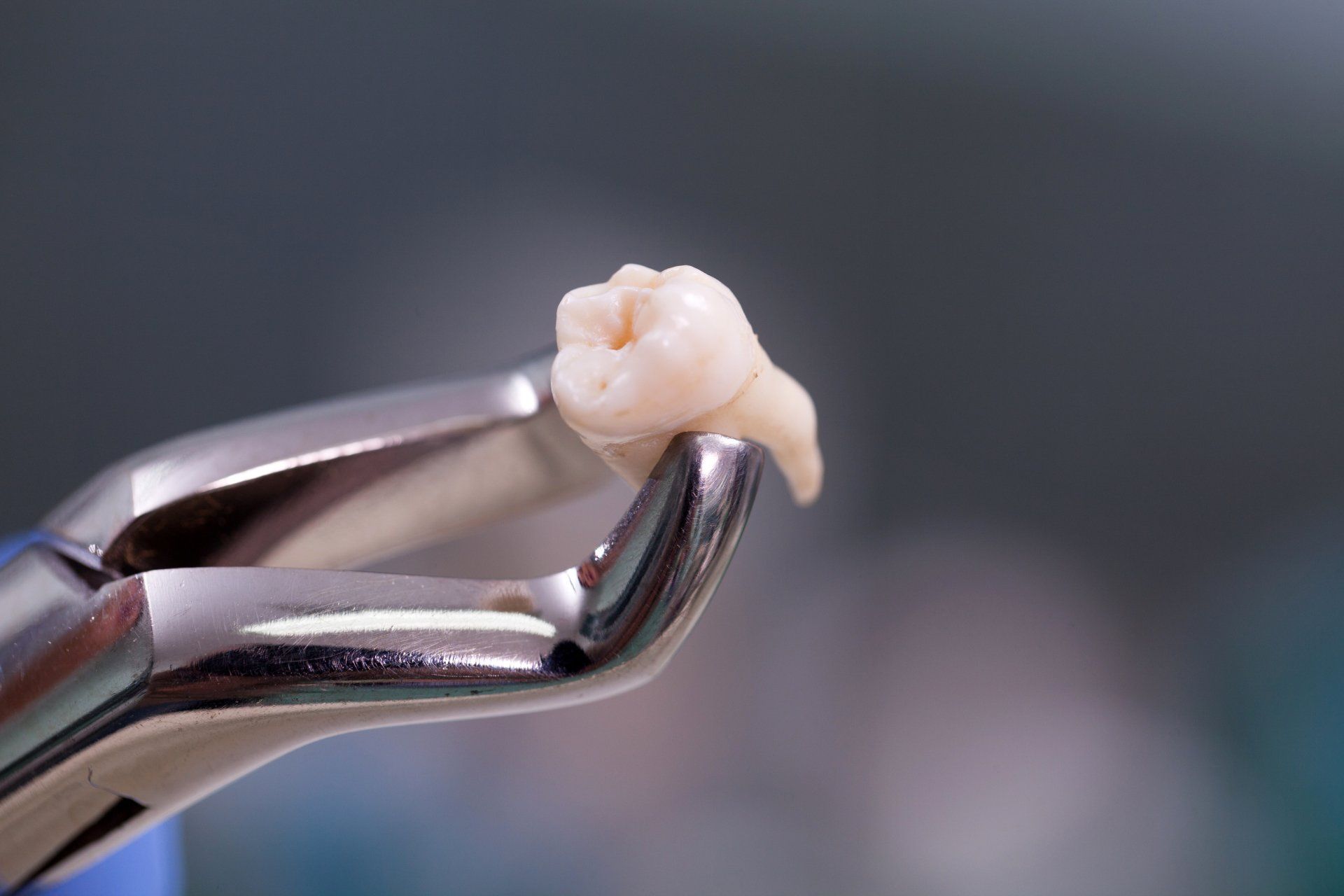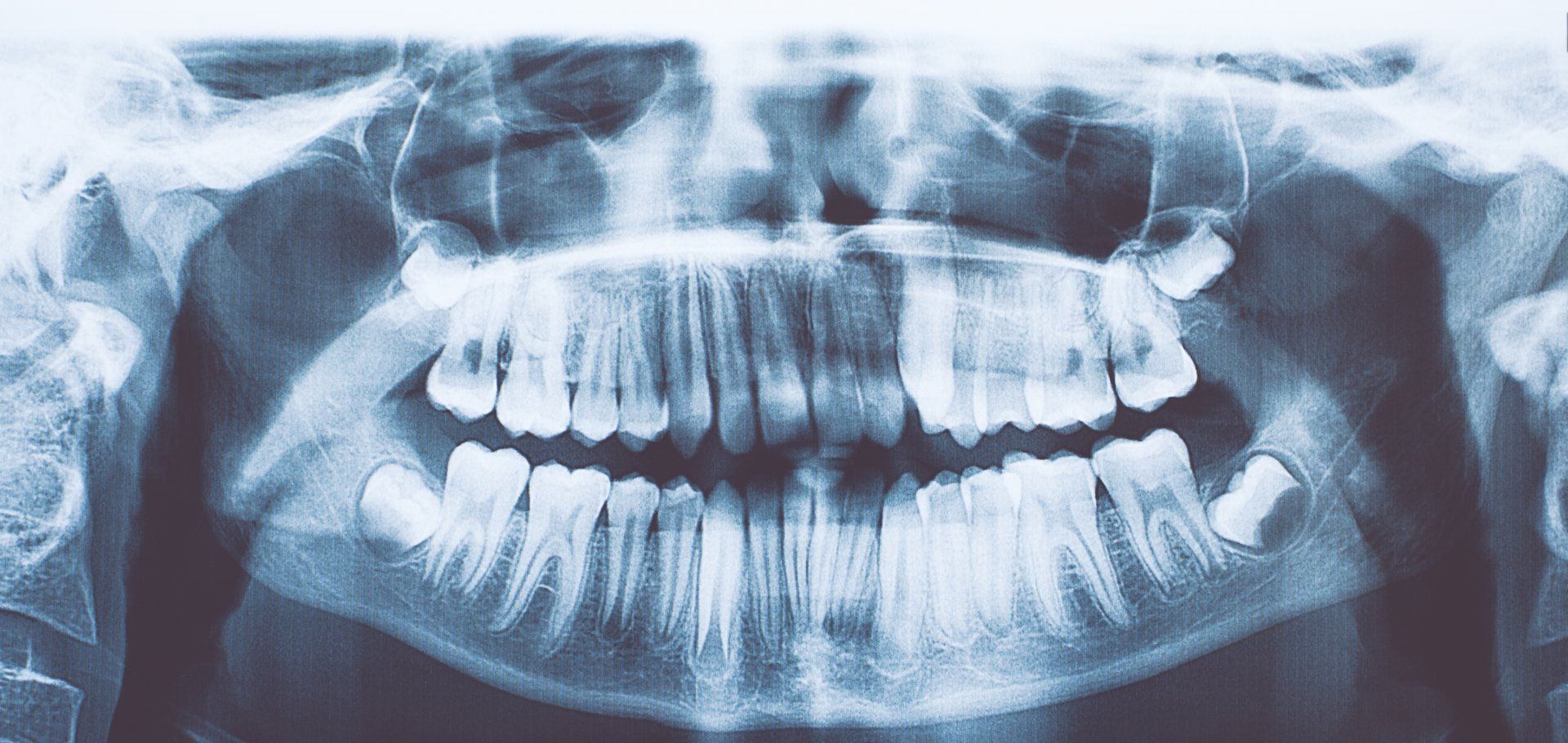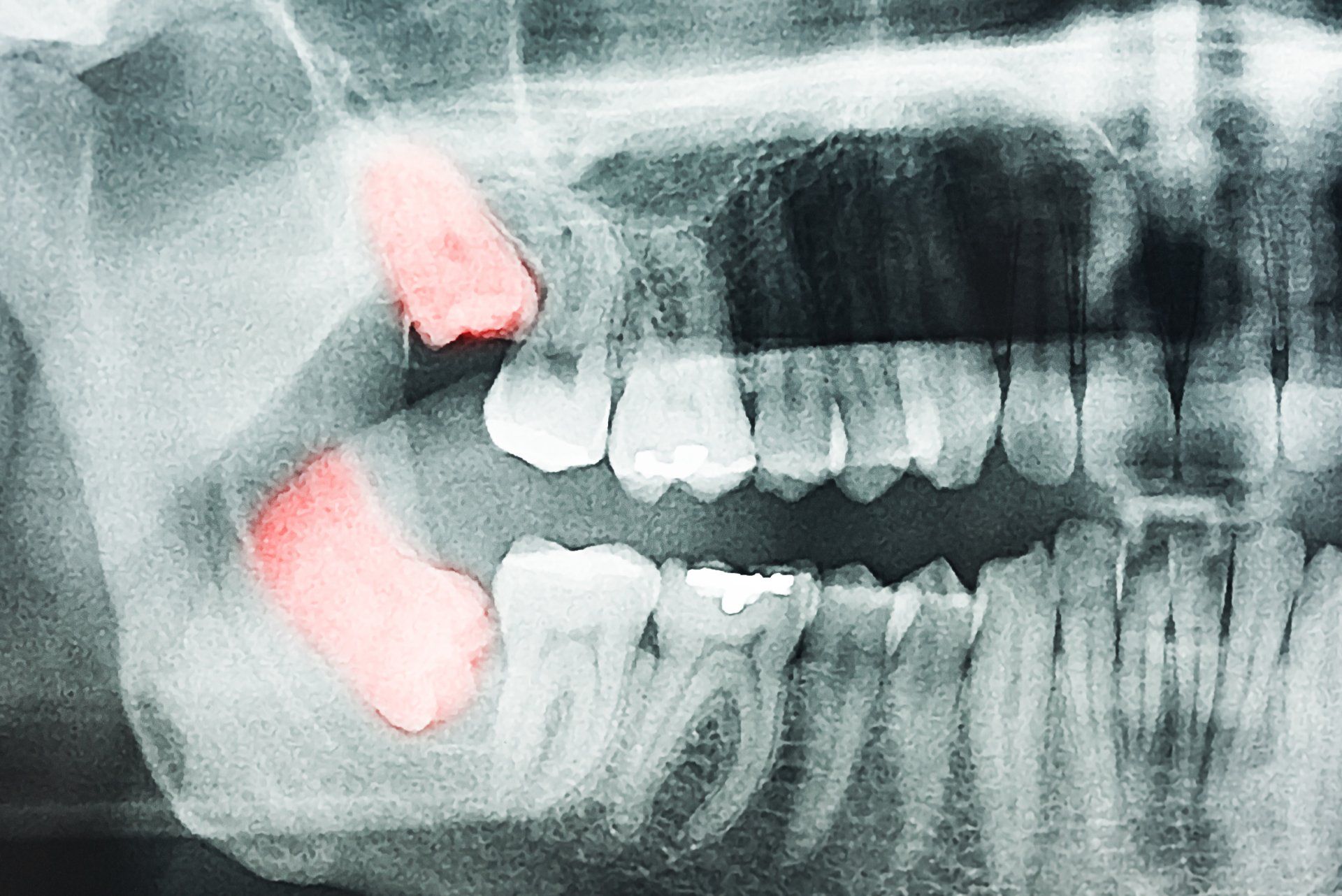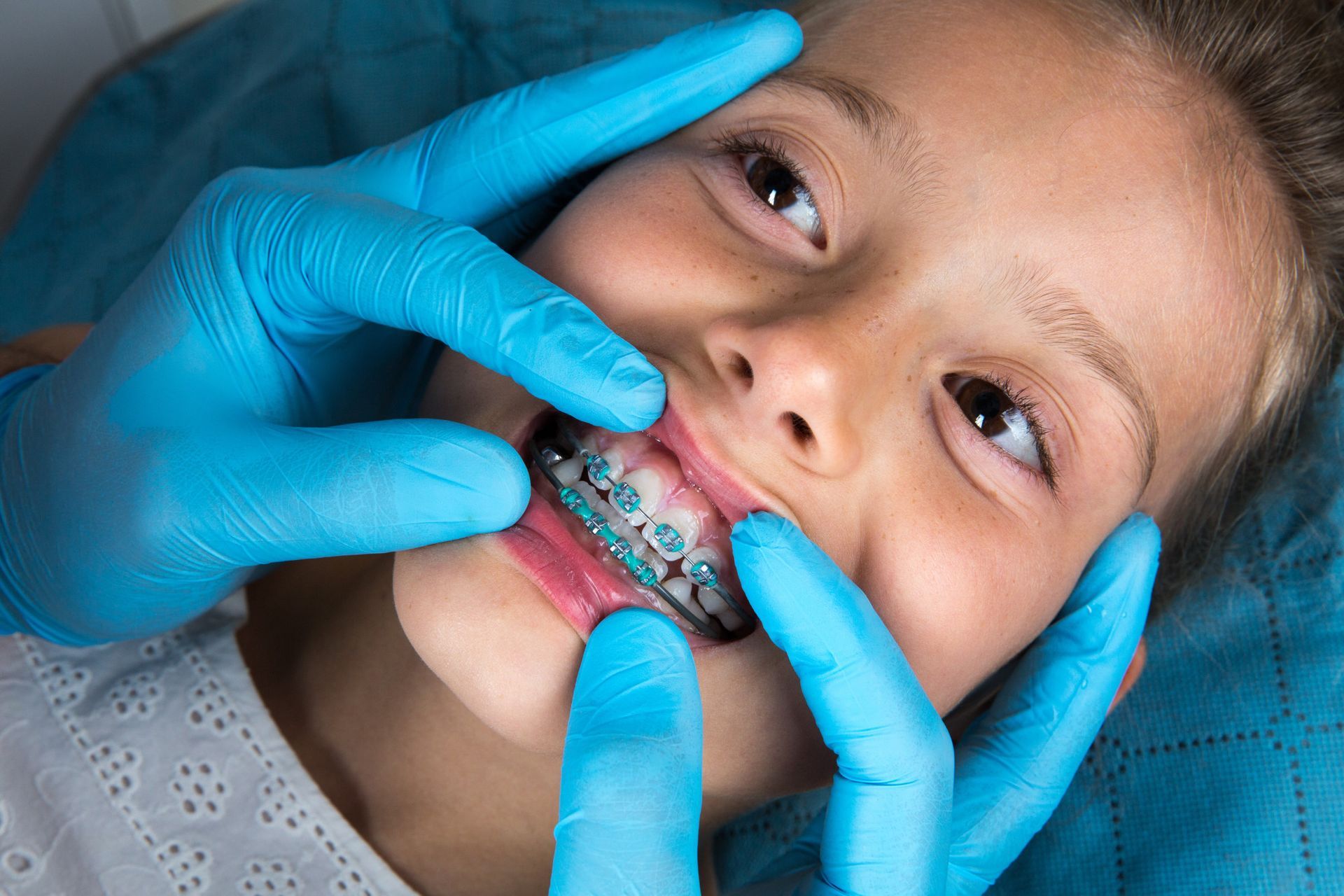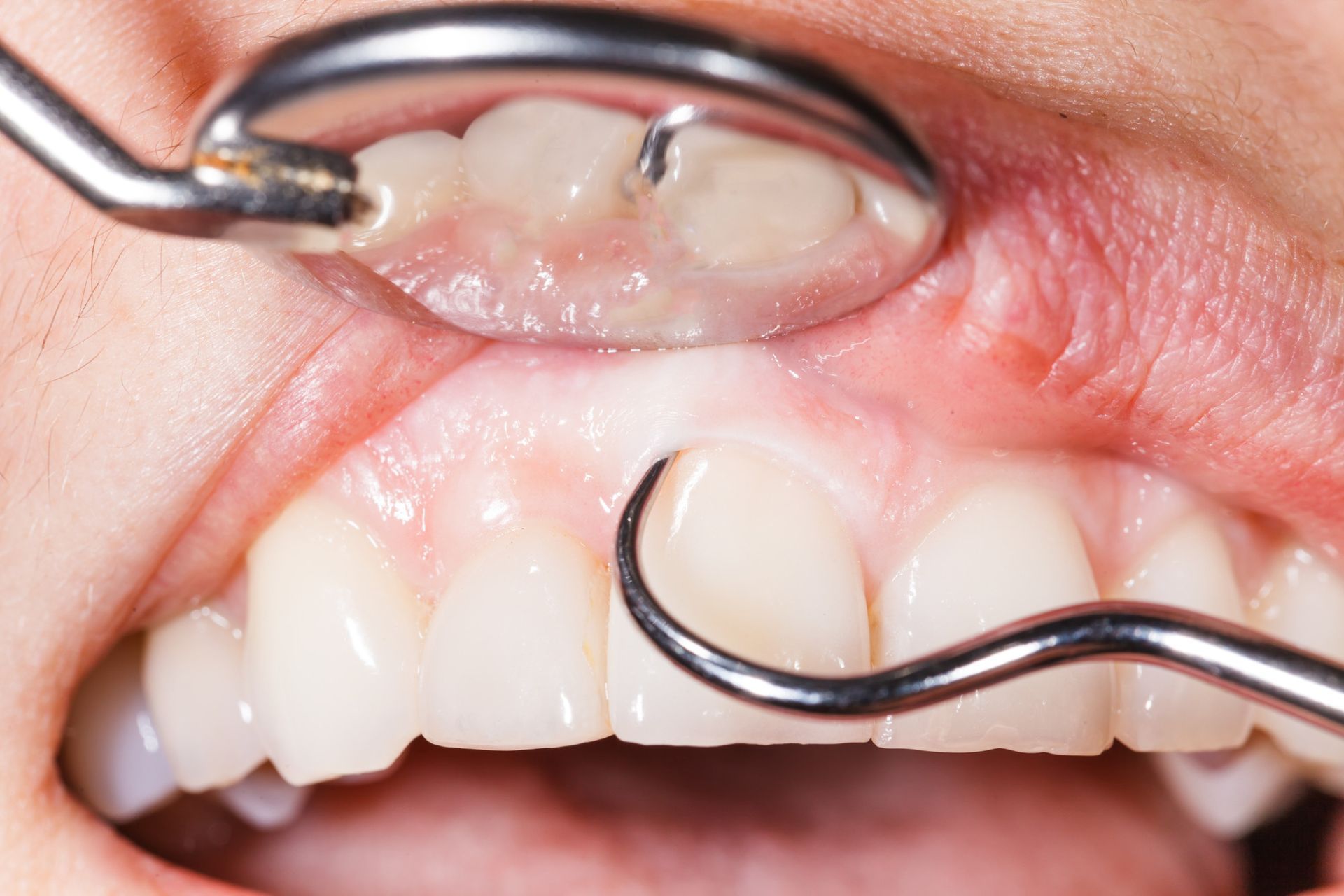Dental Implants: Problems They Can Solve, and When You Should Get Them
November 16, 2020
There are about two to three million
implant-supported crowns placed each year in the US. Despite such high rates of placement, many people have questions about dental implants.
Have you been considering dental implants? If so, your biggest question likely has to do with dental implant problems. What could go wrong?
Continue reading to learn everything you need to know about dental implants.
What Are Dental Implants?
Dental implants
are small titanium rods that serve as replacement roots for teeth. They can be used to replace individual teeth using crowns. Or, they can be used to help anchor removable dentures in place without the need for an adhesive.
Implants can provide a strong foundation for false teeth. They also help preserve bone density and health in the jaw.
Dental implants have an incredibly high success rate
of up to 98 percent. If taken care of properly, implants can last a lifetime without ever needing to be replaced.
Who Should Get Dental Implants?
Dental implants are a good solution for people who have missing teeth. They can also be used in place of dentures or bridges for people who need to have teeth removed.
Most people healthy enough to undergo dental extraction surgeries are candidates for implants. Some people may not be, however.
Just a few reasons you may not be a good candidate for dental implants include:
- Heavy smoking
- Extensive use of alcohol or recreational drugs
- Uncontrolled chronic conditions (like diabetes)
- Previous radiation to the head, neck, or surrounding areas
- HIV/AIDS
- Severe psychiatric conditions
- An acute illness
- Any diseases or infections in the gums or bones, including osteoarthritis
What Is the Dental Implant Process?
The dental implant process is straightforward. But, patients should be aware they won't see instant results.
From start to finish, the dental implant process can take several months. How long it takes will depend on several factors. We'll look at the process in-depth below.
Creating a Plan
Before anything else, a team of dental professionals will create an individualized plan. This plan will vary based on your unique needs, health, and desired outcome.
In some cases, an individualized dental plan is simple. It will simply be a plan to replace a single tooth (or two) with crowns.
In other cases, this dental plan is more complex. In cases of extreme dental problems, such as mouth-wide decay, the plan will be more complex. Your plan could include extractions, implants, dentures, and others.
Tooth Removal (Sometimes)
If a tooth is already missing, this step isn't necessary. If the implant is replacing a tooth that is cracked, broken, or decayed beyond repair, it will need to be removed.
Some people can get their root implant done on the same day as their tooth extraction. In some cases, the implant can't be inserted until the swelling has decreased. Full healing can take between a few days and a few weeks.
Root Implant & Gum Healing
Next, the small titanium root implant will be inserted into the socket of the missing tooth. The implant will need to go into the jaw bone, so it's securely fitted.
As the jaw bone heals, it will grow around the new implant. By fusing the bone, implants create a permanent root for your missing tooth.
Before moving to the next step of the process, your jaw bone will have to be completely healed. This is because the post won't be able to heal properly if it has to support too much weight. The healing process generally takes between six and twelve weeks.
Abutment
When your jaw bone has fully healed, you'll go back to the dentist to have an abutment placed over the implant. This will be the part that attaches to your crown or dentures.
Attaching the Crown or Dentures
If you're replacing a single tooth (or a few teeth), you'll have a crown fitted
over the abutment. The crown should look and feel like your regular teeth. The dentist will try to match the color and shape of your missing natural tooth as much as possible.
If you're getting dentures, the dentures should have been created at this point. These dentures will be made to look like real teeth and feel as natural as possible.
The dentist will attach the dentures over the new implants by snapping them into place. They will check the fit is comfortable and can make minor adjustments in the office if necessary.
What Are the Advantages of Dental Implants?
There are many advantages to dental implants when compared to alternatives. For some, the alternatives might be living without teeth or traditional dentures. For others, it could include living with broken teeth or partial bridges.
Some of the most common advantages of having dental implants include:
- Improved appearance
- Increased confidence (and an ability to smile again)
- Easier to eat
- Better durability than alternative methods
- Improved speech versus dentures
Dental implants can also improve oral health. If your teeth were damaged or decaying, replacing them will create an immediate difference.
Dental implants will also decrease sensitivity in nearby teeth. This decreases toothaches and pains.
Dental implants are the most convenient option for missing or damaged teeth. The implants themselves never have to be removed.
If used with a crown, the implants won't have to be removed at all. If used with dentures, implants increase the holding power of your false teeth. The implants will allow dentures to sit securely at all times, so you don't have to fear them slipping.
What Potential Dental Implant Problems Are There?
The dental implant process requires surgery. With all surgical procedures, there are some risks associated. A few common dental implant problems include:
- Reaction to the anesthesia
- Nerve damage in the face or gums that alters sensations (temporarily or permanently)
- The incision reopening, which increases healing time and infection risks
- Movement of the implant to where it isn't supposed to be
- Exposure of the implant above the gums
- Infection, which can be mild or severe
- Increased deterioration of the jaw in people with diseases leading to bone loss
- Itching or hives (allergic reaction)
- Difficulty breathing or severe swelling (severe allergic reaction)
- The implant is excessively mobile or wiggling too much
- It hurts if the dental implant is tapped (after localized swelling has gone away)
- Rapid, progressive bone loss
- Pus or other excretions at the incision site
- Excessive bleeding
If you experience any of these issues, let your dentist know immediately. To reduce the risk of dental implant problems, be honest about your medical history. Be sure to mention any allergies you might have, even if you don't think they'd be related.
If you're honest with your dentist and generally healthy, you should experience no severe complications.
Normal Post-Surgery Healing
Some discomfort is normal after any surgery. With dental implant surgery, you may have minor to moderate swelling at the incision site. Minor swelling or redness in the face near the insertion site is also normal.
Swelling can cause pain, which might last a few days. Swelling and pain can be treated with over-the-counter medications like Motrin or Tylenol. After the pain is reduced, it's common to be a little sore for a week or more after.
Does Dental Insurance Cover Implants?
No, dental implants aren't generally covered by insurance. You'll likely have to pay out-of-pocket for these costs.
If you're getting teeth extracted, this is usually covered by dental insurance. Part or all the costs of dentures are also usually covered. This means if you're getting implants to support dentures, some costs might be covered.
Do You Think Dental Implants Are the Right Choice for You?
Dental implants provide a lot of benefits and comparatively few downsides. They can help replace one or more teeth. This replacement is the closest to a natural look and feel when compared to alternative methods.
After learning about dental implant problems and advantages, do you think they're the right choice for you? Or, do you still have questions about dental implants?
Contact us today. One of our associates would be happy to schedule you an appointment or answer any questions you may have.

Dr. Ehab Daas
Meet your doctor
Dr. Ehab is a passionate dentist with 15 years of dental experience. He received his D.D.S in 1997, and has practiced dentistry for 6 years since then. Immediately after that, Dr. Da'as moved to Paris to get his Orthodontics and Prosthodontic diploma's in which he specialized in fixed bridges and crowns. He graduated from France with remarkable achievements in 2005, and went on to work for 9 years, focusing on difficult orthodontics cases and satisfying his ortho patients. Dr. Ehab moved to Canada in 2014 to continue his career, where he is proud and extremely honoured to provide his patients with the highest quality service.
Learn More

